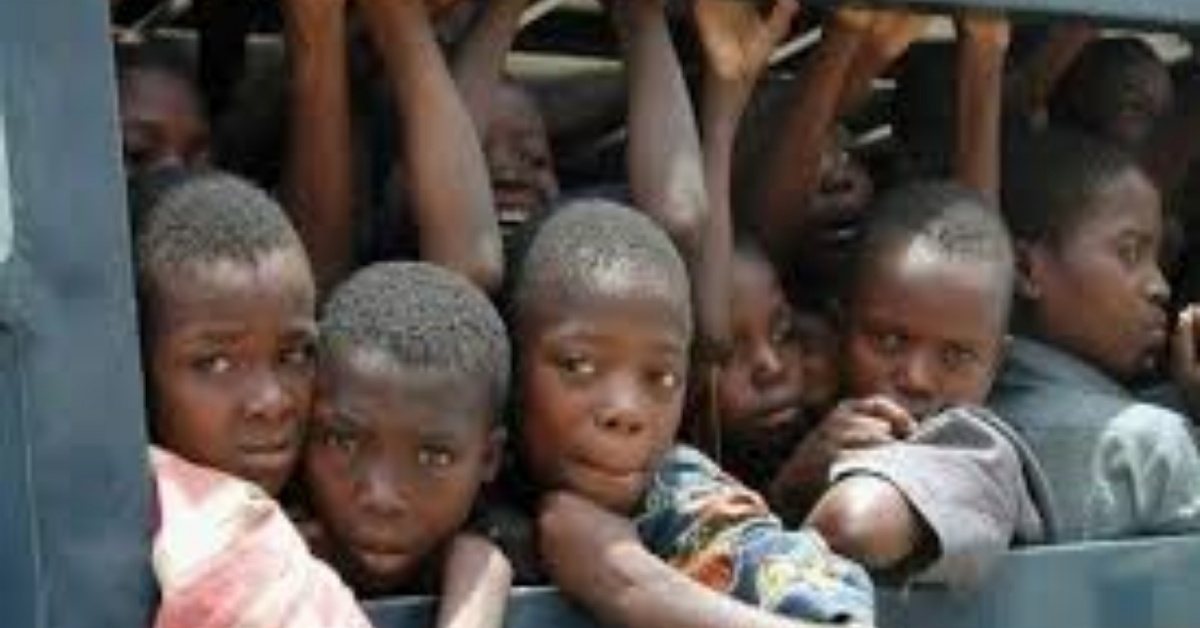A collaborative effort between international organizations and the Sierra Leone government has led to a significant decrease in child trafficking rates across four districts in the country.
The Center on Human Trafficking Research & Outreach (CenHTRO) at the University of Georgia, funded by the U.S. Department of State, launched targeted programs in Kailahun, Kambia, Kenema, and Kono. These districts previously reported high rates of child exploitation.
Findings from the initiative revealed a disturbing reality: over 33% of children aged 5-17 in these areas had experienced trafficking. However, after several years of focused interventions, CenHTRO reports a decrease in trafficking rates:
Kailahun – 9% decrease
Kambia – 15% decrease
Kenema – 11% decrease
Kono – 30% decrease
“This is a vital step forward in protecting Sierra Leone’s children,” said Mrs. Melrose Kargbo, Minister of Social Welfare. “We remain committed to eradicating this horrific crime and call for continued investment to fully address the challenge.”
Multi-Faceted Approach Yields Results
The success of the program hinged on a multifaceted approach:
Prevention: Raising awareness and empowering communities to identify and report potential trafficking situations.
Survivor Protection: Providing essential services like healthcare, counseling, and education to survivors.
Justice for Perpetrators: Increasing investigations, arrests, and prosecutions of traffickers.
Building Partnerships: Collaborating with local leaders and NGOs for long-term sustainability.
Impactful Programs
The initiative yielded impressive results beyond trafficking reduction:
- Over 200% increase in identified survivors receiving critical support.
- More than 900 individuals trained to improve their response to human trafficking.
- 75 legal actions taken against traffickers, including investigations, arrests, and prosecutions.
Looking Forward: Building a Sustainable Future
While celebrating these achievements, CenHTRO acknowledges the work continues. They advocate for continued support in several key areas:
Victim Protection: Securing funding for shelters and establishing standardized operating procedures across existing ones.
Community-Based Efforts: Empowering local groups to act as a frontline defense against trafficking.
Institutionalized Training: Ensuring law enforcement personnel receive consistent training to effectively handle trafficking cases.











